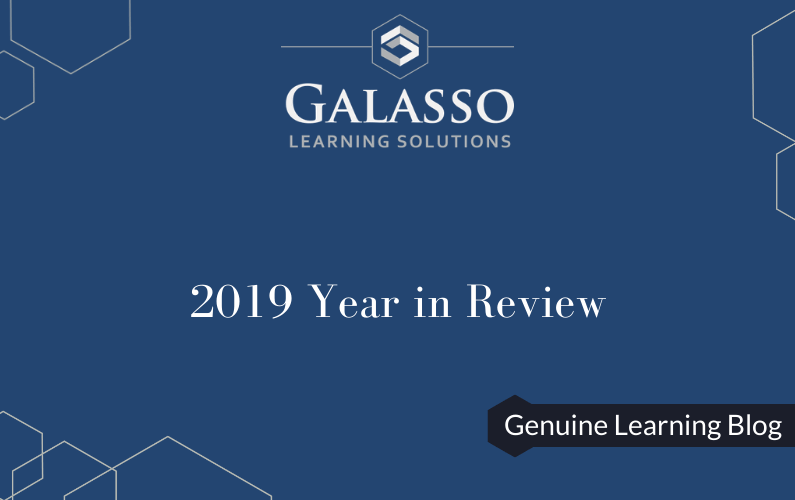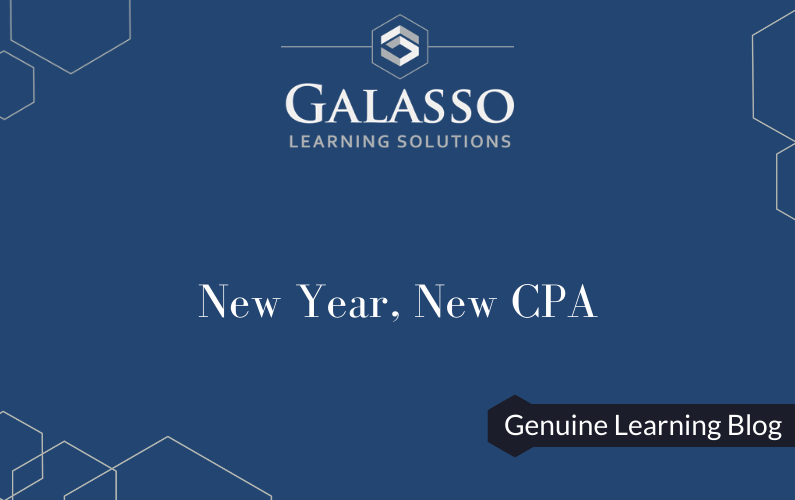GASB Disclosures Exposure Draft
GASB has issued an exposure draft to update the Conceptual Framework for Note Disclosures. The ED describes the types of information that should be disclosed in notes and the types of information that are not appropriate. The proposal introduces the concept of what is “essential” to users and updates the purpose of note disclosures. Comments are due April 17, 2020.
Presentation & Disclosures by Not for Profit Entities for Contributed Nonfinancial Assets
FASB has issued a proposed ASU titled Presentation and Disclosures by Not-for-Profit Entities for Contributed Nonfinancial Assets. Gifts in kind have received a lot of attention for pharmaceutical donations but the proposal addresses all contributions on nonfinancial assets. The proposal includes unique presentation for these contributions as well as additional disclosures. Comments are due by April 10th.
SOP 20-1: Global Investment Performance Standards
The AICPA has issued an SOP to address when a practitioner reports under the new 2020 GIPS standards. As the standards were updated, effective January 1, 2020, the AICPA addressed the requirements that practitioners may use. SOPs are not authoritative. However, if a CPA does not follow this SOP they would need to show how they meet the requirements of the SSAEs and the SOP is designed to ensure compliance. The SOP is effective upon issuance.
Proposed Changes to Uniform Guidance
The Office of Management and Budget (OMB) has proposed changes to the Uniform Guidance (2 CFR, Part 200). The proposal takes into consideration the President’s Management Agenda, alignment with statutory requirements and clarifications. OMB is required to update the Uniform Guidance every five years. Comments are due by March 23, 2020 and must be submitted electronically to www.regulations.gov.
2019 Year in Review
2019 was a year of change. FASB issued 12 ASUs. The AICPA issued 5 SASes and 2 SSAEs plus a variety of technical updates. GASB issued a GASB Statement and 3 Implementation Guides. This blog gives a quick overview of each item issued to close 2019 and welcome 2020!
Proposed SAS: Amendments to AU-C Sections 725, 730, 930, 935, and 940
In December, the AICPA Auditing Standards Board proposed amendments to conform sections of its codification to standards issued earlier in the year on auditor reporting (SAS 134) and the auditor’s responsibilities relating to other information included in annual reports (SAS 137). The ASB also proposed amending certain AU-C sections (particularly AU-C Section 935 – Compliance Audits) to address practice issues that have arisen since they were revised. This proposal represents a continuation of the efforts to improve transparency into the basis for the auditor’s opinion and to further clarify the responsibilities of both management and auditors. Comments are due February 10th.
New Year, New CPA
Happy New Year AND New Decade (although some are debating that fact!). In honor of the new decade, we decided to kick off our first blog in 2020 on changes coming to the CPA profession. We start with a look at a proposal to change the CPA exam. NASBA and the AICPA have proposed a model similar to engineers to incorporate a core exam and then a specialty while everyone would receive the same CPA license. We then turn our attention to the Dynamic Audit Solution that the AICPA and its Major Firms Group are creating to disrupt the audit profession. We close with a look at the CGMA Competency Framework for those in industry on the skills needed to be successful and the changes coming to the future of finance. This decade will be filled with disruption, innovation and progress. We wish you a decade filled with learning, development, and growth!
FASB Codification Improvements
FASB has issued a new set of Codification Improvements, File Reference No. 2019-800. The proposal was issued on November 26, 2019 and comments are due December 26, 2019. Codification improvements are a standard project that is always on the FASB’s agenda to fix minor issues with Codification. There are three sections in the proposal – Section A which removes references to Concepts Statements; Section B which includes all disclosure guidance in Section 50 and Section C that contains various minor edits. Most of these changes should not have a material impact on entities.
Disclaimer: The information contained within this blog is provided for informational purposes only. Viewing this material does not qualify for CPE credit. Additionally, this general knowledge is not intended to substitute for obtaining accounting, legal, or financial advice from a professional accountant with specific knowledge of your organization. Finally, watching this blog and/or subscribing to the newsletter do not create an accountant-client relationship.











